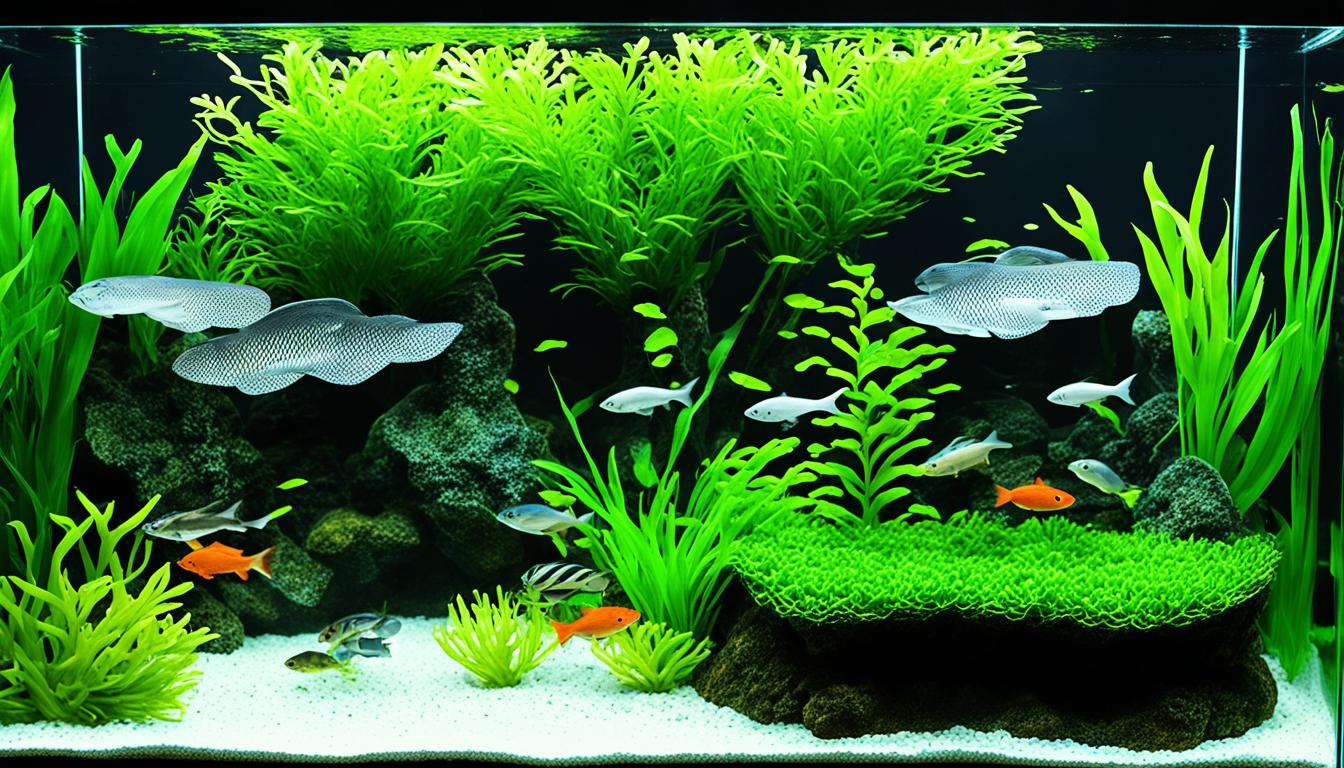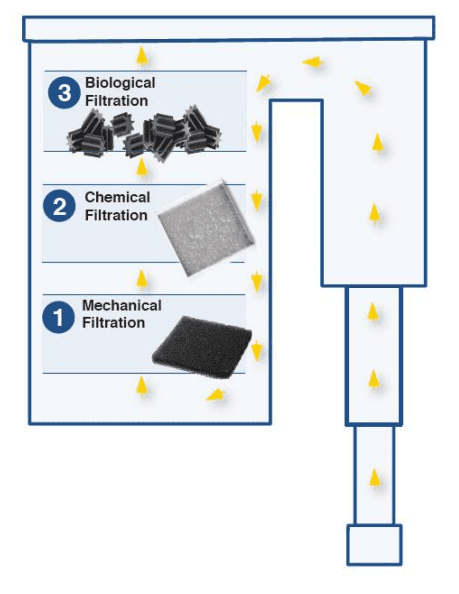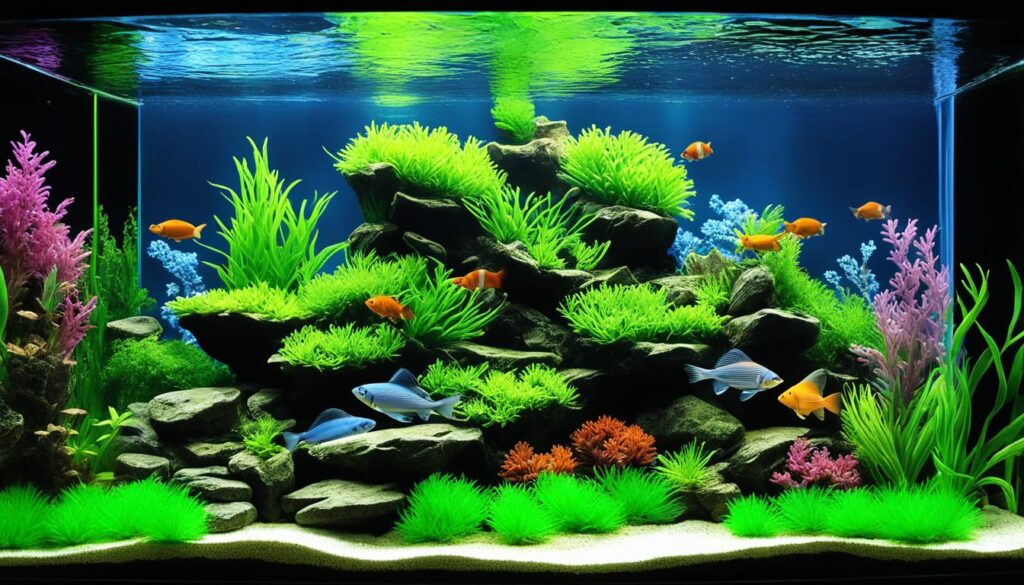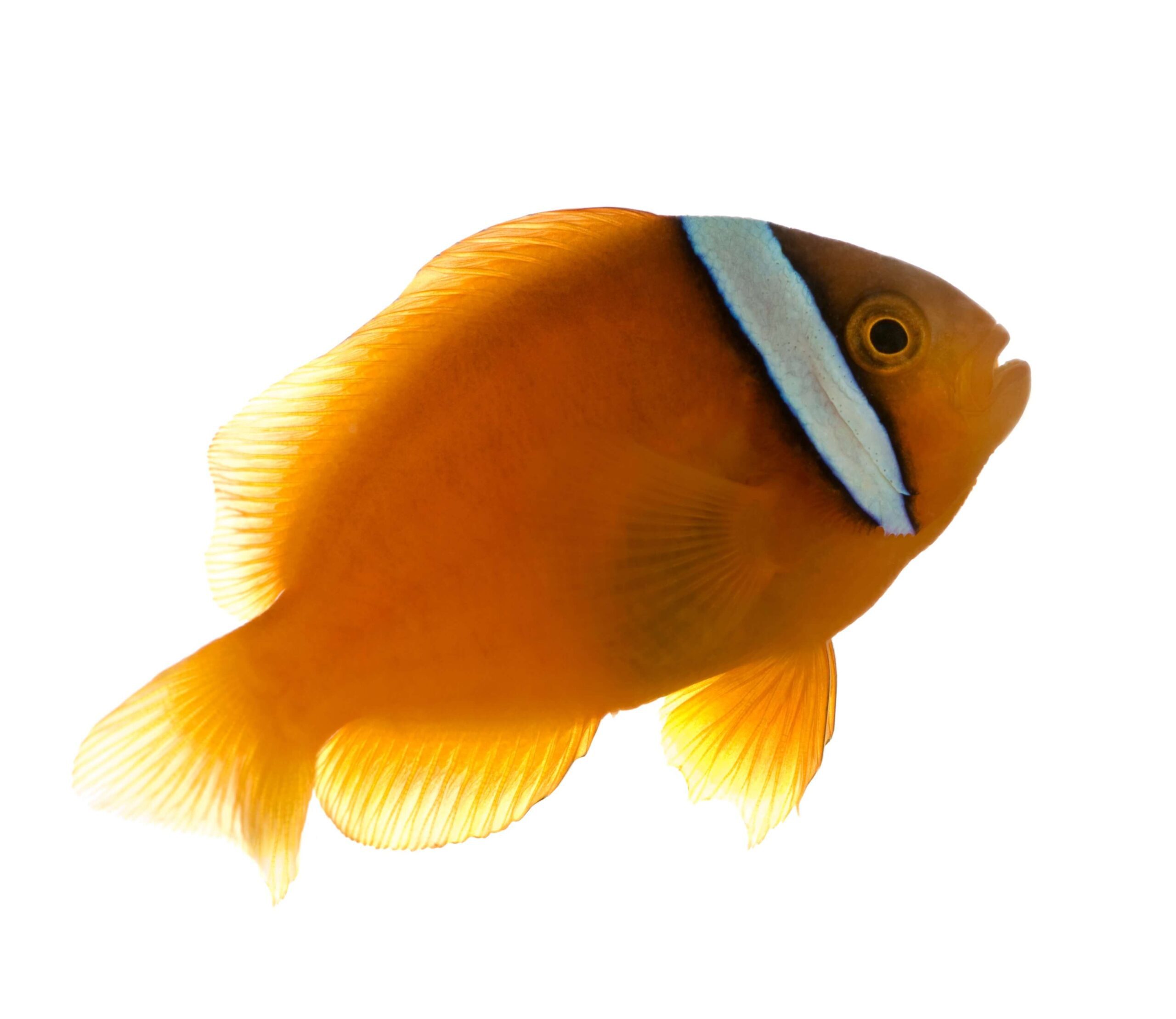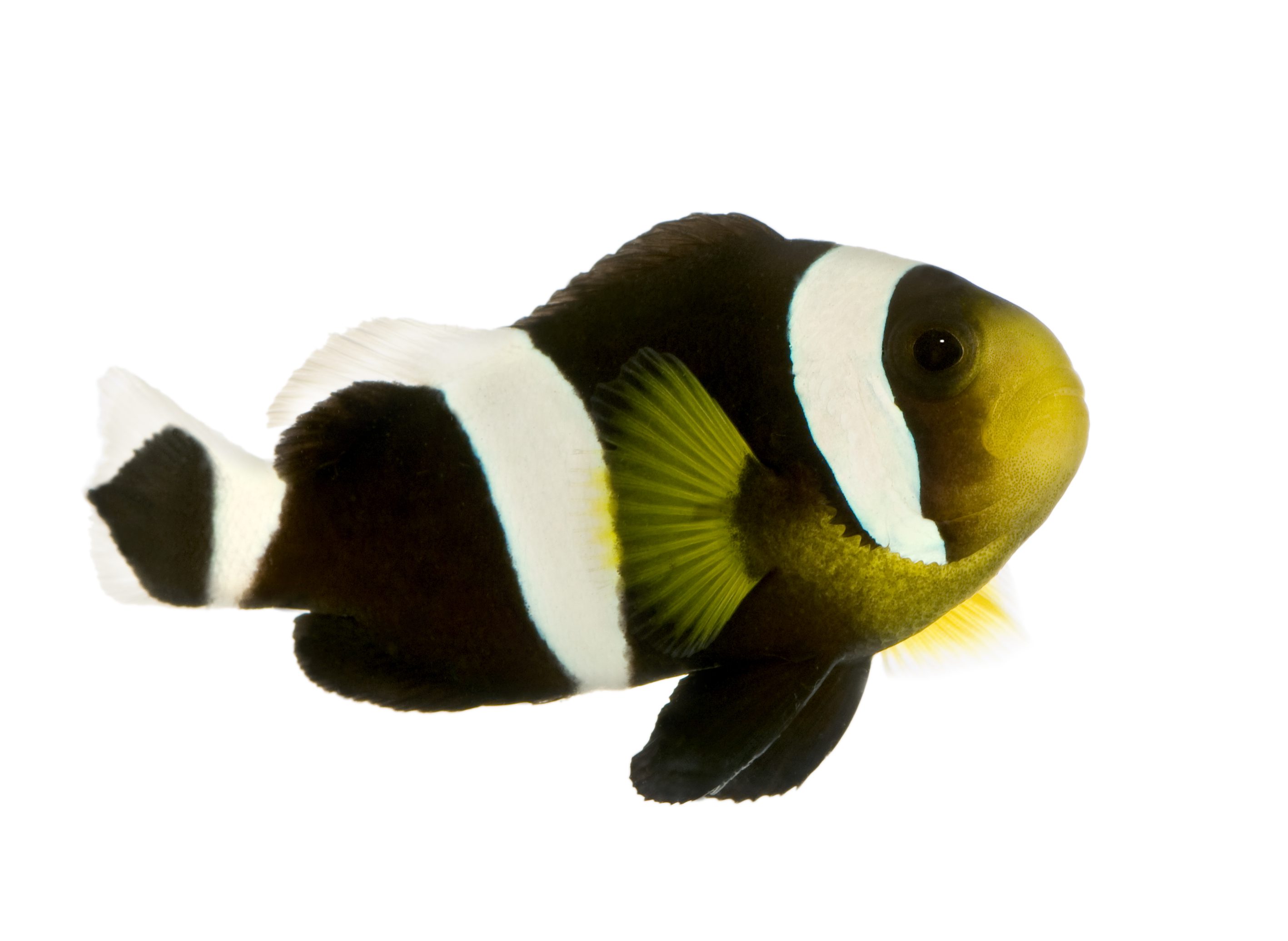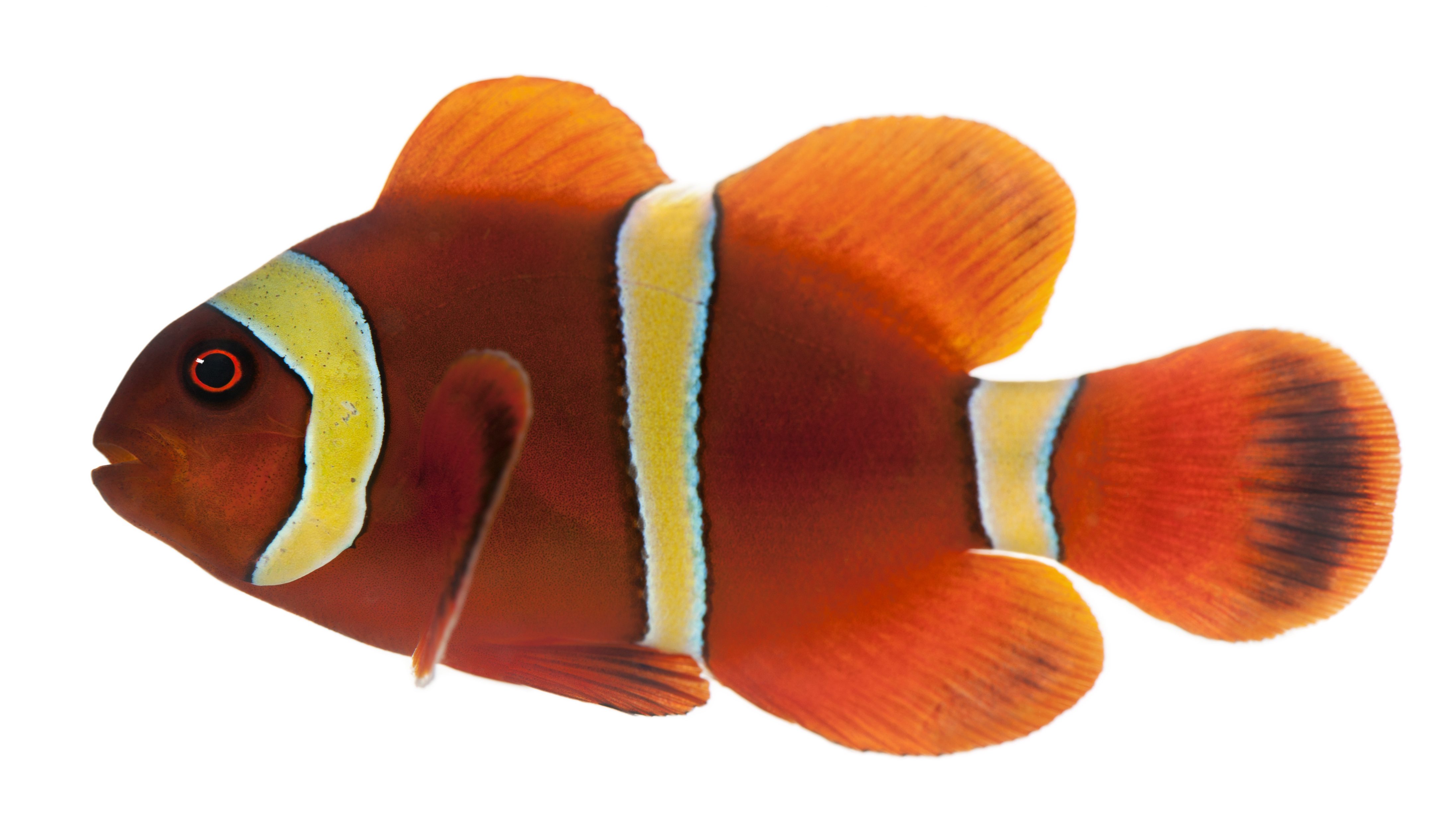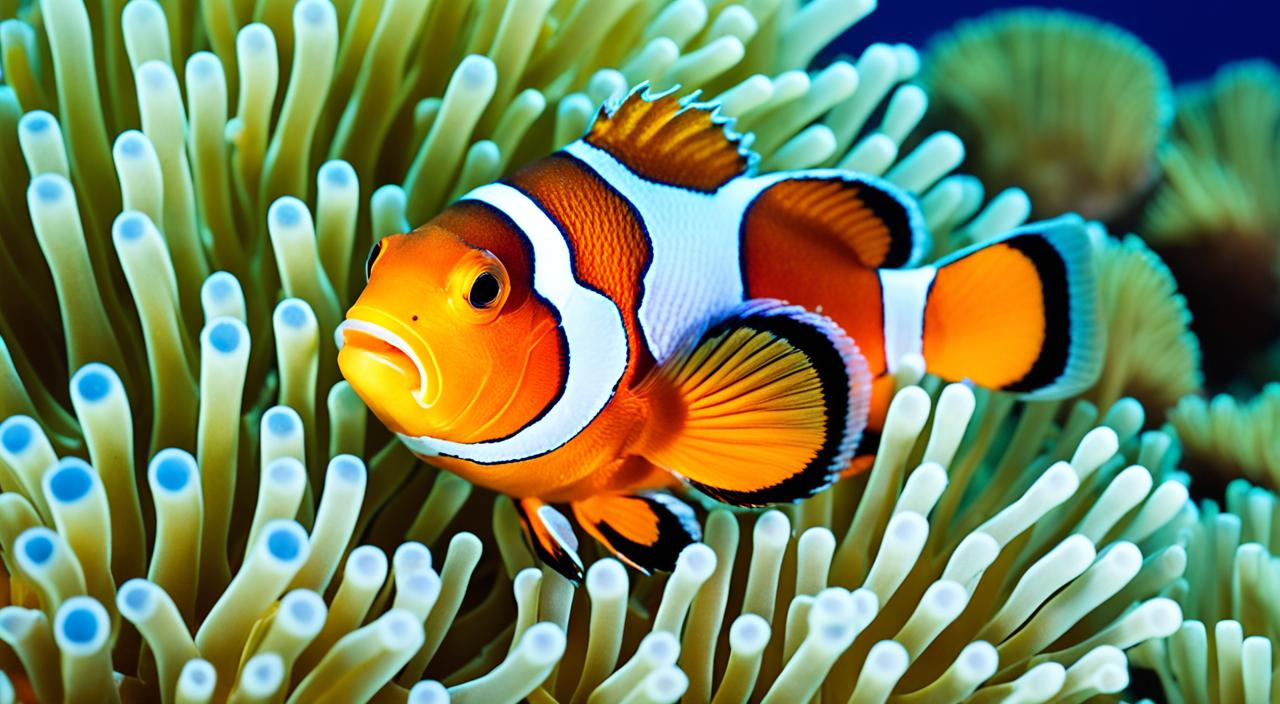So, what kind of filter is best for a freshwater aquarium? Let’s see what’s best for you and your situation.
Investing in a high-quality filter is essential to maintaining a healthy freshwater aquarium. A good filter helps to remove impurities, maintain water quality, and provide a healthy environment for fish and other aquatic life. In this article, we will explore the different types of filters available for freshwater aquariums and discuss their advantages and disadvantages.
Key Takeaways:
- Investing in a high-quality filter is crucial for maintaining a healthy freshwater aquarium.
- A good filter removes impurities, maintains water quality, and provides a healthy environment for fish.
- Different filters are available for freshwater aquariums, each with advantages and disadvantages.
Understanding the Importance of Aquarium Filtration
Filtration is essential to maintaining a healthy aquatic environment in your freshwater aquarium. It helps to remove impurities, toxins, and waste from the water, ensuring the well-being of your fish and other aquatic inhabitants.
The Necessity of Mechanical, Biological, and Chemical Filtration
Three main types of filtration work together to keep your aquarium water clean and safe: mechanical filtration, biological filtration, and chemical filtration.
Mechanical filtration involves physically removing debris and solid waste from the water. This is commonly achieved through a filter media, such as a sponge or filter floss, that traps and removes particles as water passes through it. Mechanical filtration plays a crucial role in preventing clogging and maintaining the clarity of the water.
Biological filtration relies on the activity of beneficial bacteria to break down harmful substances, such as ammonia and nitrites, into less toxic compounds. These bacteria colonize the aquarium’s filter media and other surfaces, providing a natural way to remove harmful waste products. Biological filtration is vital for creating a stable and healthy environment for your aquatic life.
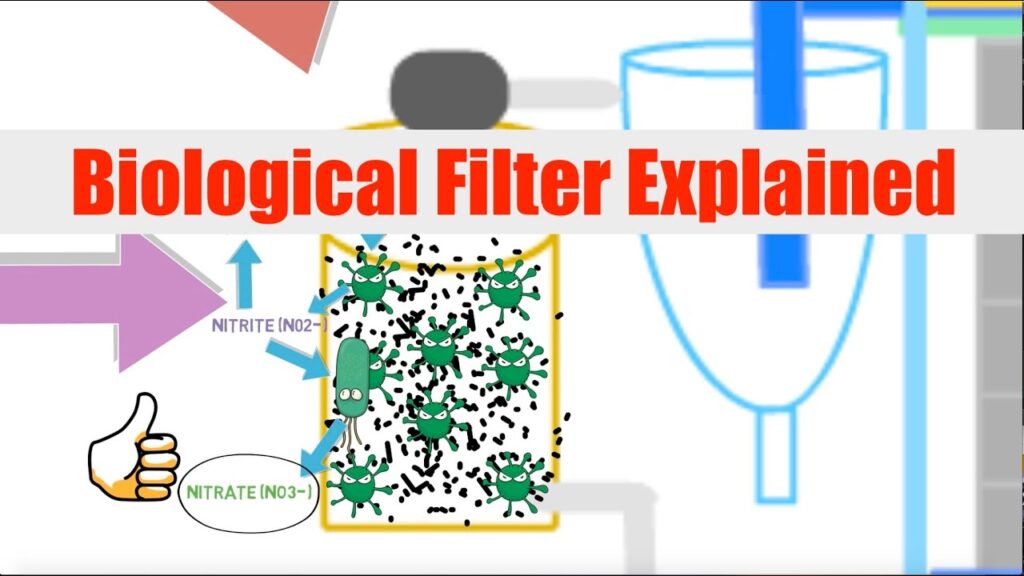
Chemical filtration utilizes special filter media, such as activated carbon or resins, to remove impurities and chemical compounds from the water. These media adsorb or chemically bind to substances like dissolved organic matter, chlorine, and heavy metals, helping to improve water quality and clarity. Chemical filtration complements the other types of filtration and can be especially beneficial in aquariums with specific water quality issues.
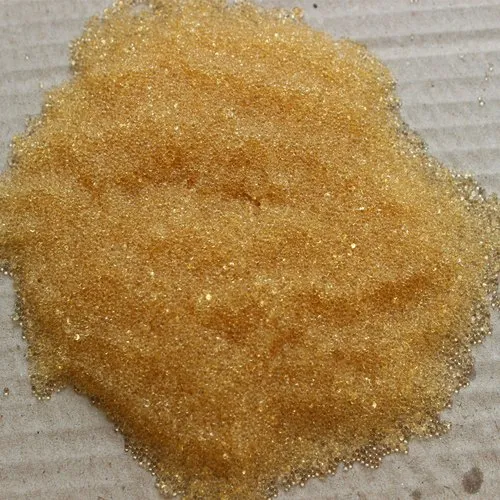 | 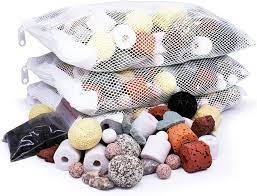 | 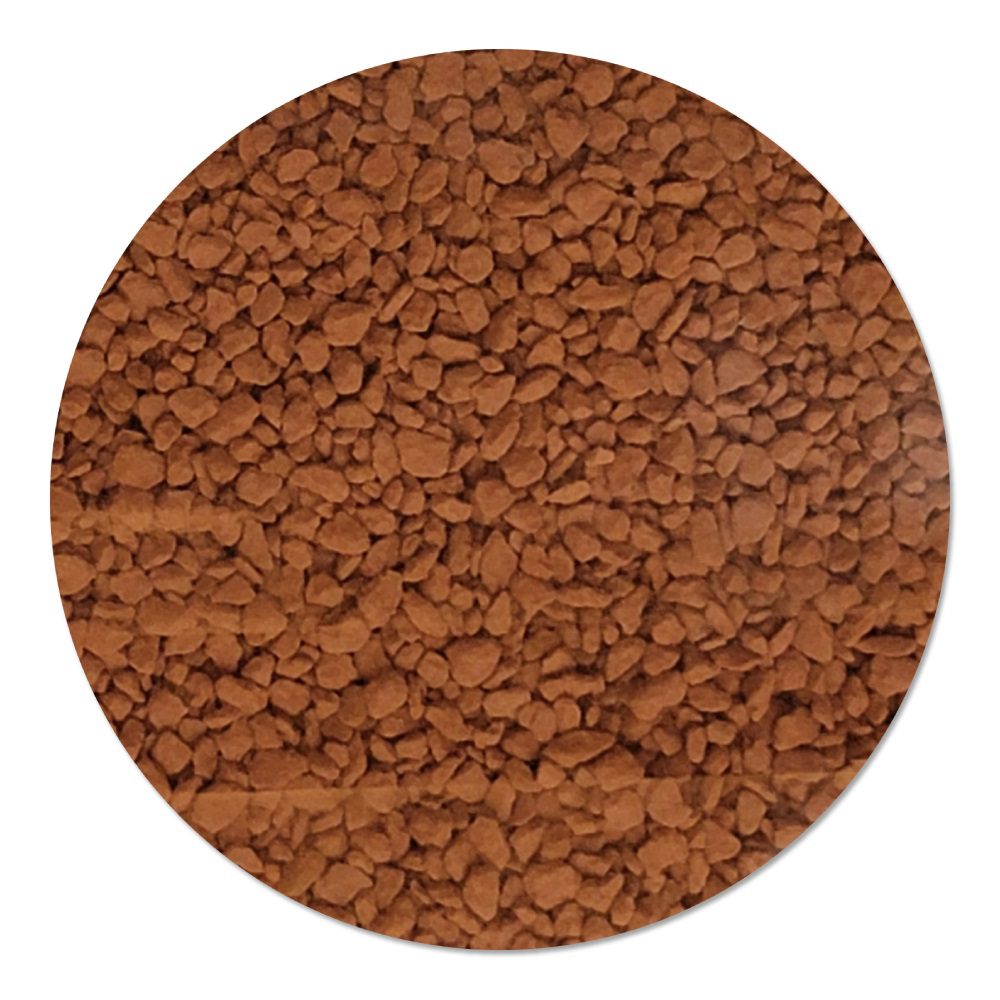 | 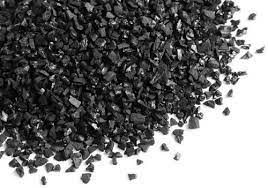 |
How Filtration Maintains a Healthy Aquatic Environment
The efficient functioning of the filtration system is crucial for maintaining a healthy aquatic environment. When the aquarium water passes through the filter media, debris, waste, and harmful substances are removed, preventing their accumulation and potential adverse effects on the water quality and the health of your fish.
Proper filtration helps to:
- Remove physical debris and waste, keeping the water clean and clear.
- The biological filtration breaks down and converts harmful substances like ammonia into less toxic compounds.
- Remove or reduce impurities and chemical compounds through chemical filtration, enhancing water quality and the overall well-being of your aquarium inhabitants.
By maintaining the efficiency of your aquarium filtration system and regularly cleaning or replacing filter media as necessary, you can ensure optimal performance and provide a healthy and thriving habitat for your fish and aquatic creatures.
What kind of filter is best for a freshwater aquarium?
Several factors need to be considered when choosing a filter for a freshwater aquarium. The size of the aquarium, the type of fish or aquatic life, and the desired water flow rate all play a role in determining the best filter.
Some popular options for freshwater aquarium filters include:
- Sponge filters: Sponge filters are simple and economical options. They provide mechanical and biological filtration, ideal for small aquariums and breeding tanks.
- Hang-on-back filters: Hang-on-back filters are versatile and easy to maintain. They hang on the back of the aquarium and offer mechanical, biological, and chemical filtration.
- Canister filters: Canister filters are robust and suitable for larger aquariums with heavy bio-loads. They offer excellent mechanical, biological, and chemical filtration.
- Fluidized bed filters: Fluidized bed filters are effective for biological filtration. They are recommended for goldfish and turtle aquariums and provide excellent water quality.
- Live aquarium plants: Live aquarium plants not only add beauty to the aquarium but also offer biological filtration. They absorb nutrients and release oxygen, creating a balanced ecosystem.
Each type of filter has advantages and disadvantages, and it is important to choose one that suits your aquarium’s specific needs. When making your decision, consider factors such as tank size, desired filtration type, maintenance requirements, and budget.
Different Aquarium Filter Types and Their Advantages
In this section, we will explore different types of filters used in freshwater aquariums and discuss their advantages. Understanding the available options will help you make an informed decision when selecting the right filter for your aquarium.
Sponge filters are cost-effective and ideal for small aquariums and breeding tanks. They provide mechanical and biological filtration, trapping debris and supporting the growth of beneficial bacteria. Sponge filters are easy to clean and maintain and provide gentle water movement, making them suitable for delicate fish and fry.
Hang-on-back filters are popular among hobbyists due to their versatility and ease of maintenance. These filters provide mechanical, biological, and chemical filtration, utilizing filter cartridges to remove impurities from the water. Hang-on-back filters are easy to install and offer adjustable flow rates, making them suitable for many aquarium sizes.
Canister filters are robust and suitable for larger tanks with heavy bio-loads. They provide mechanical, biological, and chemical filtration within a canister below or beside the aquarium. Canister filters offer high flow rates, large filter media capacity, and customizable media options, ensuring excellent water quality in larger aquariums.
Fluidized bed filters are especially recommended for goldfish and turtle aquariums due to their excellent biological filtration capabilities. These filters utilize sand, gravel, or other fluidized media to create a bed where beneficial bacteria thrive. They effectively break down ammonia and nitrate, reducing the accumulation of harmful toxins in the water.
Live aquarium plants also play a crucial role in filtering the water. They provide biological filtration by utilizing nutrients and absorbing dissolved waste in the aquarium. Additionally, live plants enhance the overall aesthetics of the tank, creating a natural and visually appealing environment for your fish.
By understanding the advantages of different aquarium filter types, you can choose the one that best fits the specific needs of your freshwater aquarium. When deciding, consider factors such as tank size, fish species, and desired water flow rate.
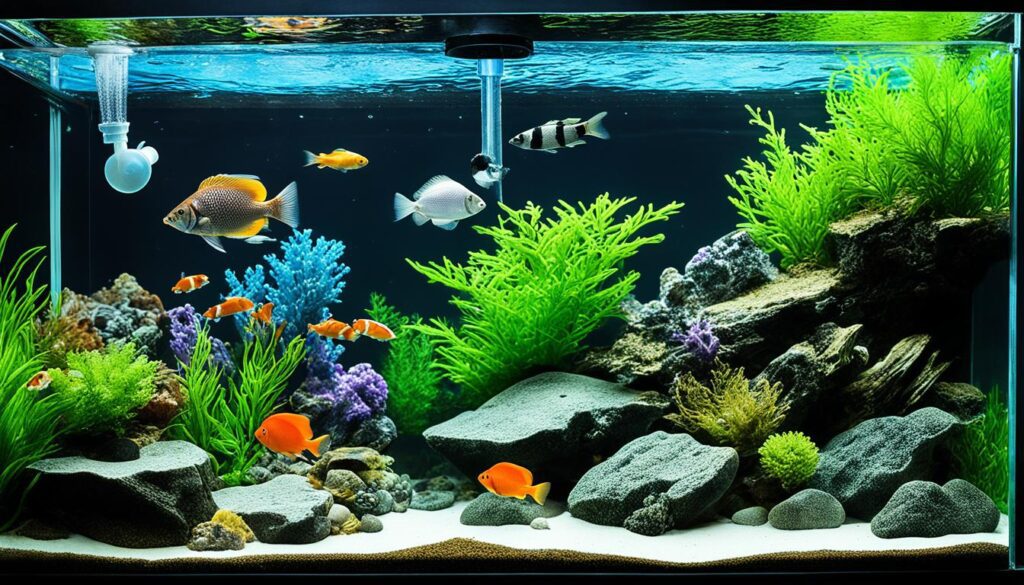
| Filter Type | Advantages |
|---|---|
| Sponge Filters | Excellent biological filtration is recommended for goldfish and turtle tanks |
| Hang-on-Back Filters | Cost-effective, ideal for small tanks and breeding tanks, provides mechanical and biological filtration |
| Canister Filters | Versatile, easy to maintain, provides mechanical, biological, and chemical filtration |
| Fluidized Bed Filters | Excellent biological filtration is recommended for goldfish and turtle tanks |
| Live Aquarium Plants | Excellent biological filtration is recommended for goldfish and turtle tanks. |
Dive Deeper into the World of Aquarium Filtration
Our journey through the fundamentals of aquarium filters is just the beginning. Delve deeper with us as we explore each facet of aquarium filtration in our upcoming series:
- Types of Aquarium Filters: Discover the diverse world of filters and find the perfect match for your aquatic setup.
- Aquarium Filter Brands: Navigate the seas of options as we review the top brands in the filtration market.
- Aquarium Filter Accessories: Uncover the essential additions that enhance filtration efficiency and effectiveness.
- Aquarium Filters by Tank Type: Learn how to select the ideal filter for your specific tank type, whether freshwater, marine or a specialized setup.
- Aquarium Filter Setup and Usage: Step-by-step guidance on installing your filter and optimizing its performance.
- Aquarium Filter Maintenance: Keep your aquatic environment pristine with our tips on regular filter care and troubleshooting.
- Aquarium Filter Performance: Evaluate filter performance and ensure your aquatic residents thrive in a clean, healthy environment.
- Specialized Aquarium Filters: Explore filters designed for unique challenges, including breeding tanks and heavily planted aquariums.
- Aquarium Filter Sales: Find the best deals and make informed purchases with our buying tips and recommendations.
- Innovations in Aquarium Filters: Stay ahead of the curve with the latest advancements in filtration technology.
Embark on a Clearer Path to Aquatic Excellence
Your quest for the perfect aquatic ecosystem is a journey we’re excited to share. Each article in our series is designed to illuminate, guide, and inspire. Don’t miss out on turning your aquarium into a thriving, vibrant underwater paradise.
Conclusion
Choosing the Right Filter for Your Freshwater Aquarium
Selecting the right filter for your freshwater aquarium is crucial for maintaining a healthy and vibrant aquatic environment. To make an informed decision, consider several factors, such as the size of your tank, the type of fish or aquatic life, and the desired water flow rate. Each type of filter offers unique benefits that cater to specific needs.
Various options are available in the market, including sponge filters, hang-on-back filters, canister filters, fluidized bed filters, and live aquarium plants. Sponge filters are cost-effective and ideal for small aquariums, while hang-on-back filters offer versatility and easy maintenance. Canister filters are robust and suitable for larger tanks with heavy bio-loads, while fluidized bed filters are recommended for goldfish and turtle aquariums.
Once you have chosen an appropriate filter, it is essential to maintain its efficiency for the health of your aquarium. Regular cleaning and maintenance of the filter will ensure its optimal performance. Investing in a high-quality filter and following proper maintenance procedures can create an optimal habitat for your fish and enjoy a beautiful aquarium display.
Maintaining Filter Efficiency for Aquarium Health
Cleaning and servicing should be done per the manufacturer’s instructions to maintain filter efficiency. Regularly replacing filter media, such as activated carbon or resins, will help remove impurities and prevent them from building up in the aquarium. Additionally, monitoring water parameters and performing regular water changes will aid in maintaining a healthy aquatic environment.
Remember, the filter is a crucial component in maintaining the overall health of your freshwater aquarium. Ensuring its efficiency and cleanliness provides a clean and safe habitat for your fish and other aquatic life. So, make the right choice when choosing a filter and dedicate time to its maintenance to enjoy a thriving and beautiful freshwater aquarium.

